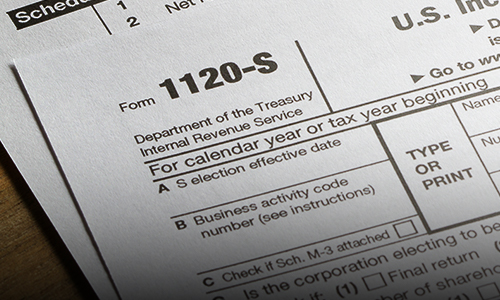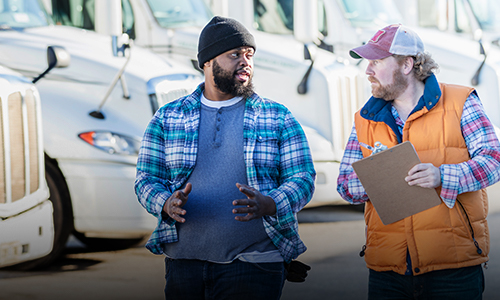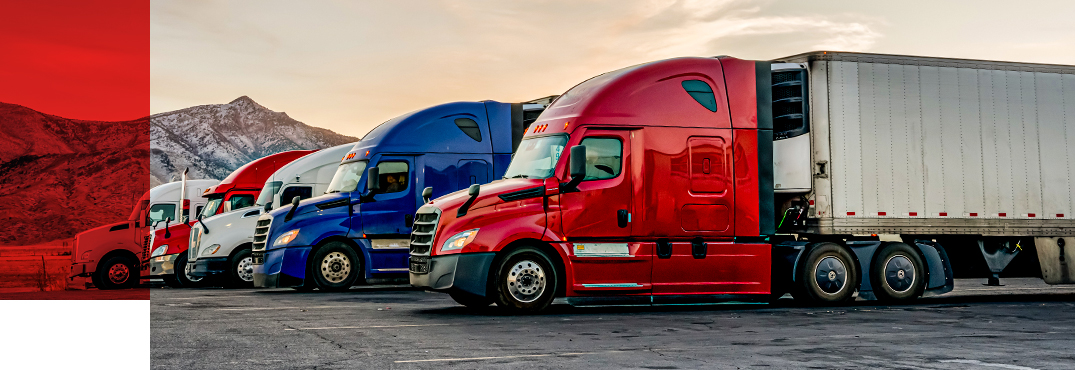How to Start a Trucking Business
When you’re first starting out with your trucking business, you have several options for how the company will be formed. Your choices of business structure and tax structure are often handled separately. The best choice for your individual trucking business depends on the size of your business as well as tax and liability information. Safer CDL helps trucking businesses across the nation navigate these structures, forming your business and insulating you from unnecessary liability and taxes.
Creation of an LLC and Sole Proprietorship
Trucking can be a high-risk business regardless of your skill or trust in your employees. Lawsuits can and do happen when cargo is damaged or accidents occur. In a sole proprietorship, there is no distinction between you and the business. As a result, your personal property is at risk in the event of a lawsuit. This is the simplest way to start a business because it requires no upfront legal filings, but leaves you in the most vulnerable position from a legal standpoint.
Forming an LLC limits the scope of lawsuits and creditors to the assets of the business itself, protecting your personal assets. To form an LLC, you must choose a name, file Articles of Organization, choose a registered agent and create an operating agreement. An LLC can be taxed as a sole proprietorship or as an S corporation. Safer CDL is your number one resource for choosing a business and tax structure that saves you the most money possible.
 Creating An
S CORP
Creating An
S CORP
S CORP
Forming an S corporation is common for small to medium sized trucking businesses. While an LLC describes the type of business you may operate, an S corporation refers to the tax classification only. To register as an S corporation, you must first register as an LLC or a C corporation and comply with regulations set by the Internal Revenue Service (IRS). In a C corporation, taxes are paid first by the business and then again on any income given to its owners, shareholders and employees. An S corporation protects small business owners from being taxed on their income twice. S corporations are treated as partnerships, meaning a share of company profits is claimed by the owner(s) to be taxed as personal income.
 Creating A
C CORP
Creating A
C CORP
C CORP
In a C corporation, the company is owned by shareholders who elect a board of directors to run it. C corps can be held privately or publicly and offer the same financial and liability protections as an LLC. A C corp is considered a separate entity to its shareholders and that is reflected in its tax structure. The income of the business is taxed at a lower rate than individual income tax, and individuals paid by the business then pay taxes on that income. The double tax structure makes C corporations less attractive to small business owners. For large businesses, the C corp structure makes it easier to raise capital. S corps are limited to 100 shareholders, limiting their ability to acquire more funds.
 Tax ID
EIN
Tax ID
EIN
Tax Identification Number (EIN / Tax ID)
In order to be compliant with IRS regulations and pay taxes, businesses must get an employer identification number (EIN) from the IRS. An EIN is a nine-digit code identifying the tax accounts of a business and is generally required for any business. Your company’s EIN, also known as a Federal Tax Identification Number, is the tax ID used to identify your business to the IRS when you pay taxes. Any time a business is formed or changes ownership, a new EIN is required. Safer CDL assists trucking companies that are just starting out to register for a tax ID and stay compliant with the IRS.

